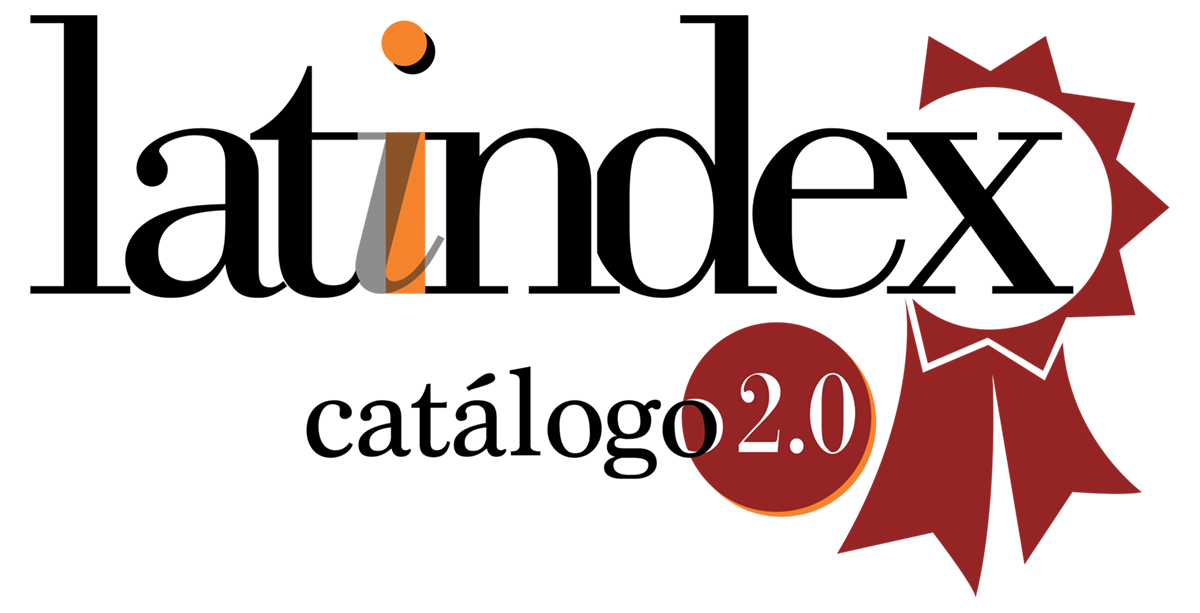Voices that Liberate
Education in Prison from the Words of Students in the Prison Context
DOI:
https://doi.org/10.24215/18529569e033Keywords:
university extension, confinement context, right to education, audio recordsAbstract
The university extension project «Voices that release. Radio communication with persons deprived of liberty» was developed in prison units of the Penitentiary Service of the Province of Buenos Aires, Argentina. This article addresses the meaning of the proposal, the context of intervention, the background of the project, the conceptual and methodological tools that frame it, the moments of the systematization process and the characteristics of the communication products produced during the experience in the territory.
Downloads
References
Zapata, N. R., Vivas Arce, V. A., Pascolini, J. y Maloman, Y. (2020). Voces que liberan: una experiencia extensionista en contexto de encierro. Actas de Periodismo y Comunicación, 6(2). Recuperado de https://perio.unlp.edu.ar/ojs/index.php/actas/article/view/6982
Additional Files
Published
How to Cite
Issue
Section
License
Copyright (c) 2022 Natalia R. Zapata, Jorge Jaunarena, Malena García, Julia Pascolini

This work is licensed under a Creative Commons Attribution-NonCommercial-ShareAlike 4.0 International License.
The acceptance of an original by the journal implies the non-exclusive transfer of the patrimonial rights of the authors in favor of the publisher, who allows the reuse, after its edition (postprint), under a Creative Commons License Attribution-NonCommercial-ShareAlike 4.0 International.
According to these terms, the material can be shared (copy and redistribute in any medium or format) and adapted (remix, transform and create another work from the material), provided that a) the authorship and the original source of their publication (magazine and URL of the work) are cited, b) is not used for commercial purposes and c) the same terms of the license are maintained.
The assignment of non-exclusive rights implies that after postprint in Extensión en red authors may publish their work in any language, media and format; in that case, it is requested that they signal that the material was originally published by this journal.
Assignment also entails the authors’ authorization for the work to be collected by SEDICI, the institutional repository of the Universidad Nacional de La Plata, and for it to be indexed in the databases that the publisher thinks appropriate for enhancing the visibility of the published work and its authors.
In addition, the journal encourages authors to submit their works to other institutional and thematic repositories after their publication in Extensión en red, under the assumption that offering society unrestricted access to scientific and academic production contributes to a greater exchange in global knowledge.








.jpg)

.png)


.png)





















